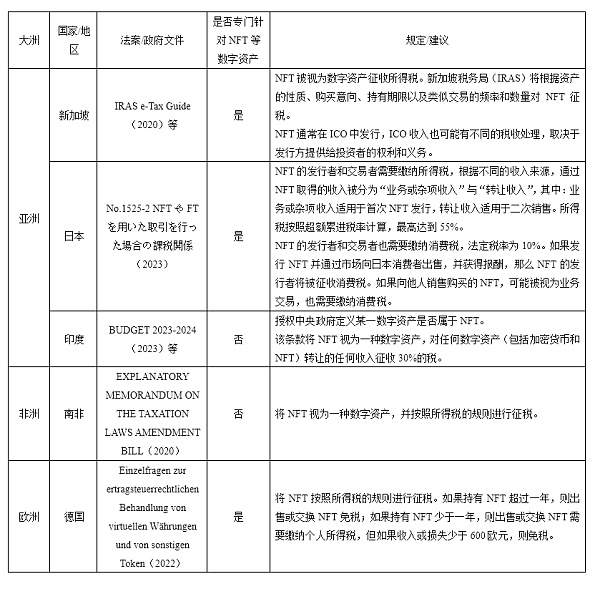France and Austria jointly develop new blockchain forensics tools to help users conduct due diligence
Source: CointelegraphChina
Editor's note: The original title was "Fao-Australia Develops New Blockchain Forensics Tool"

French cybersecurity company Nigma Conseil and the Austrian Institute of Technology (AIT) revealed that they have jointly developed a new blockchain forensics tool. The agreement was signed on February 25 to develop a proposed compliance tool called e-Nigma.
- Video: Insight into the major changes in financial infrastructure in the next 10 years (Part 2)
- As the epidemic is drawing to a close, we have a reflection on the digital system
- Why is the central bank's blockchain patent ranked first in the world's central bank?
E-Nigma provides users with a way to conduct due diligence in response to KYC and anti-money laundering (AML) regulations. It will monitor and organize blockchain transactions like other similar tools.
E-Nigma provides some advanced features, such as risk scoring and wallet classification, and is able to identify real identity addresses by grabbing information from the open and dark webs.
It is built on GraphSense, an open source cryptocurrency forensics platform provided by AIT. AIT is a state-owned research institute based in Vienna.
The technology is part of a project called TITANIUM, which is led by AIT and aims to investigate transactions in "underground markets". This project received € 5 million ($ 5.4 million) in funding from the European Union to reduce cryptocurrency crime.
Fabien Tabarly, CEO of NIGMA Conseil, commented on the collaboration as follows:
"The collaboration between leading European academic research institutions and our development team helps implement the most innovative tool that can combat virtual currency financial crime."
Blockchain forensics
E-Nigma's field of work is highly competitive, as companies such as Chainalysis, Elliptic, and CipherTrace have provided similar solutions.
With the increasingly stringent global anti-money laundering regulations, many companies in the cryptocurrency and traditional financial fields have turned to blockchain forensics tools.
Chainalysis recently announced a partnership with Bitfinex and Tether to help service providers maintain compliance.
Elliptic has shifted its focus to banks and launched a compliance tool to let banks understand the real risks of cryptocurrency trading.
We will continue to update Blocking; if you have any questions or suggestions, please contact us!
Was this article helpful?
93 out of 132 found this helpful
Related articles
- Blockchain Industry Weekly Report | Central Bank Officially Releases "Technical Specifications for Financial Distributed Ledger Security"
- Eighth issue: insight into the major changes in financial infrastructure in the next 10 years (on)
- Financial giant Credit Suisse joins, Paxos launches blockchain-based securities settlement service
- Sweden starts testing digital currencies! Can the central bank digital currency become a "killer" application of the blockchain?
- CCB was shortlisted for the Forbes Global Blockchain Top 50 for the first time and has already operated 9 blockchain projects
- NFT: another path for blockchain to land
- Getting Started with Blockchain | How does the technology-less "coinless blockchain" add icing to the Internet?






